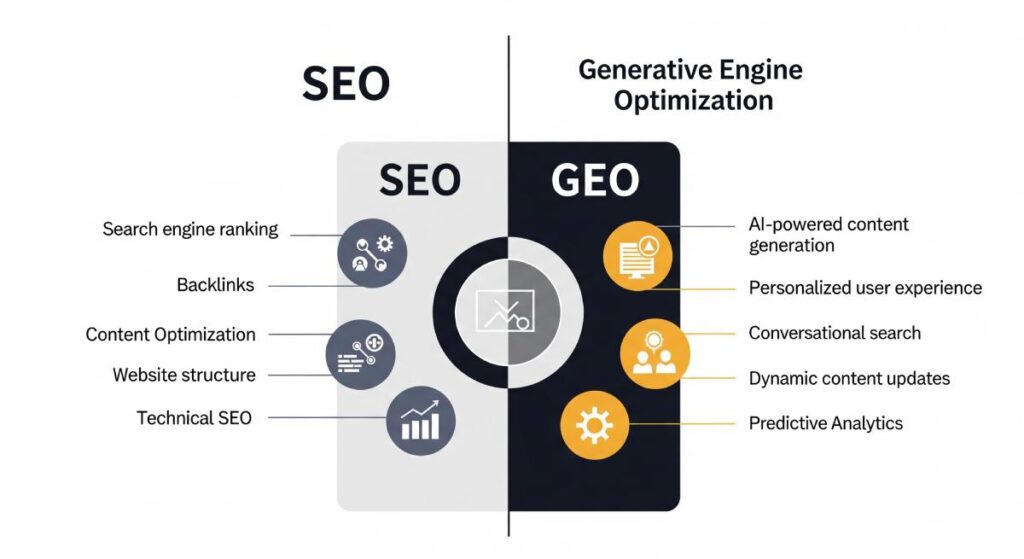 Google’s PageRank algorithm is one of the most powerful modern-day examples of how important algorithms are in our daily lives. Created more than 25 years ago, it’s the main reason why Google has catapulted to the top of the search engine share and is now so powerful, it’s facing antitrust litigation.
Google’s PageRank algorithm is one of the most powerful modern-day examples of how important algorithms are in our daily lives. Created more than 25 years ago, it’s the main reason why Google has catapulted to the top of the search engine share and is now so powerful, it’s facing antitrust litigation.
Here’s a look at how PageRank, one of the world’s most important and powerful algorithms, works, as well as how other types of algorithms impact our daily lives.
What Is the PageRank Algorithm?
In 1998, two Stanford University Ph.D. students, Larry Page and Sergey Brin, were on a mission to improve the way people found information online. From a garage in Menlo Park, CA, Google was born.
The lifeblood of the search engine was PageRank, named after founder Larry Page. This new and unique algorithm determined the importance of web pages based on the links between them. Previous search engines mainly relied on keyword matching and didn’t consider link structure. PageRank by Google introduced a game-changing search results delivery approach compared to earlier search engines.
By using PageRank, Google provided users with more relevant and accurate search results, quickly making it the preferred search engine by as early as 2000. PageRank by Google revolutionized how users found information online and set the standard for search algorithms, going beyond matching up queries with keywords, and looking at factors like relevance, trust and authority to provide results.
PageRank continues to be in use today, constantly becoming smarter and more sophisticated to help Google maintain its top spot among search engines.
How Exactly Does PageRank Work?
 Page ranking is based on the idea that the more links a web page has from other pages, the more important it is. One way to visualize it is by comparing it to a voting system. The more sites that link back to your web page, the more likely it may be seen as a valuable resource.
Page ranking is based on the idea that the more links a web page has from other pages, the more important it is. One way to visualize it is by comparing it to a voting system. The more sites that link back to your web page, the more likely it may be seen as a valuable resource.
However, not all links are equal. A link from a reputable site, such as a well-known news outlet, is likely to be considered as more valuable than a link from a small, more unknown site. Google’s PageRank algorithm looks at both the number and the quality of links a site has linking back to it when determining page rankings.
While association with other reputable sites is important, Google also considers how relevant a page is to the search query. It analyzes keywords and content to make sure the page matches what users are looking for.
Machine learning capabilities, which involve training machines like computers on elements to look for in order to make recommendations, are constantly becoming more sophisticated to provide us humans with better services. This means, PageRank continues to evolve and is constantly improving to deliver results that focus on Google’s E-E-A-T principle: sites that demonstrate experience, expertise, authoritativeness and trustworthiness.
Algorithms Continue to Evolve
As the documentary “The Secret Rules of Modern Living Algorithms”, presented by mathematician and professor Marcus du Sautoy, explains, algorithms impact so much of our daily lives, they’ve become ubiquitous parts of our existence.
At their root, algorithms are little more than a series of step-by-step instructions that help provide solutions for problems. While they were first created by mathematicians, for mathematicians, they’re perfect for computers.
Du Sautoy calls algorithms “strangely beautiful, tapping into the mathematical order that underpins how the universe works”. He says PageRank is his favorite algorithm of all-time, and we can’t help but agree about how vital this algorithm has been in the spread of information that has transformed the globe’s evolution.
Do you have a favorite algorithm? Probably not unless you run in some of my data scientist circles, but if you do, I’d love to hear your thoughts. Join the discussion on our LinkedIn page.








